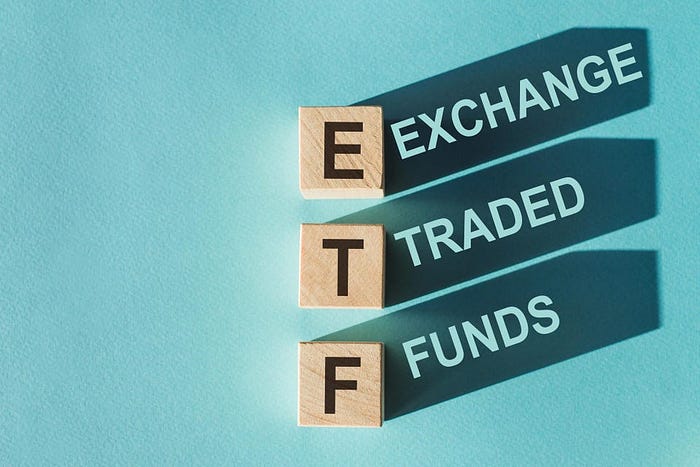Do ETFs Pay Dividends? Yes, And Here’s What You Need To Know

Exchange-traded funds (ETFs) are an increasingly popular investment option for both novice and experienced investors. One of the key benefits of ETFs is the potential to earn dividends. But do ETFs pay dividends, and how do they work? Here's what you need to know.
First, it's important to understand what a dividend is. A dividend is a distribution of a portion of a company's profits to its shareholders. Typically, companies pay dividends in cash, but they can also pay them in the form of additional shares of stock.
ETFs are a type of investment fund that hold a basket of securities, such as stocks, bonds, or commodities. ETFs are designed to track the performance of a specific market index, such as the S&P 500, and provide investors with exposure to a diversified portfolio of assets.
So, do ETFs pay dividends? The answer is yes. ETFs can pay dividends, just like individual stocks. When an ETF holds dividend-paying stocks, the dividends received by the ETF are passed on to investors in the form of dividend payments.
It's important to note that not all ETFs pay dividends. Some ETFs, such as those that track commodities or currencies, don't pay dividends because the underlying assets don't generate income. However, most ETFs that track stocks or bonds do pay dividends.
When an ETF pays a dividend, it's important to understand how the payment is made. Unlike individual stocks, which typically pay dividends quarterly, ETFs can pay dividends monthly, quarterly, semi-annually, or annually. The frequency of the dividend payment will depend on the ETF's dividend policy.
Additionally, it's important to understand that the dividend payment from an ETF may not be a fixed amount. The dividend payment will depend on the performance of the underlying securities held by the ETF. If the companies held by the ETF experience a decrease in profits, the dividend payment from the ETF may also decrease.
Another factor to consider when investing in ETFs for dividends is taxes. Dividend payments from ETFs are subject to the same tax rules as dividend payments from individual stocks. This means that if you hold an ETF in a taxable account, you'll need to pay taxes on the dividends received.
ETFs do pay dividends, but not all ETFs pay dividends. When investing in ETFs for dividends, it's important to understand the ETF's dividend policy, the frequency of the dividend payments, and the tax implications. As with any investment, it's important to do your research and understand the risks before investing in ETFs.
Content Source: https://businessdor.com/do-etfs-pay-dividends-yes-and-heres-what-you-need-to-know/
Do you want to To promote your business?
Get Your Business Featured at businessdor.com/get-featured/
Businessd'Or is a media company focused on business, innovation, investment, technology, entrepreneurship, leadership and lifestyle.